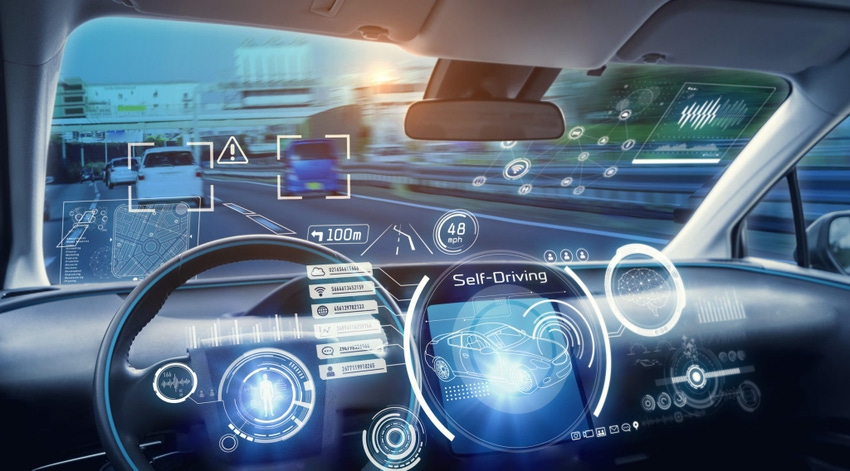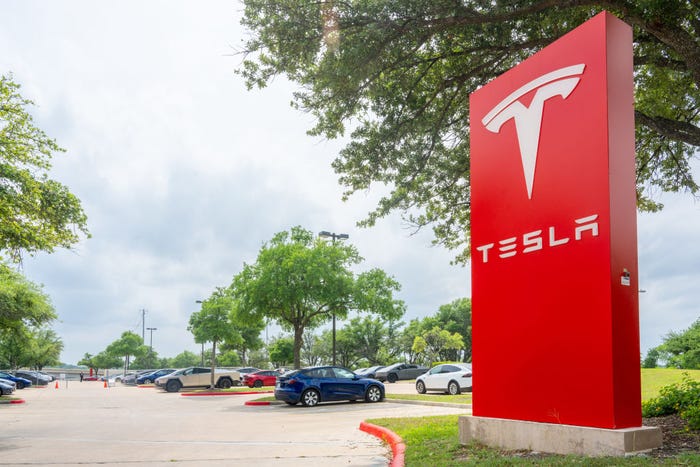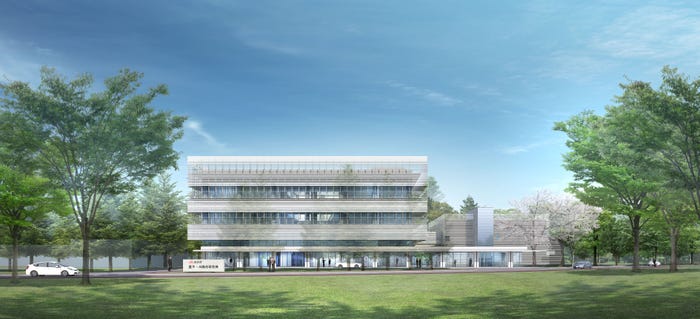The bill adds increased scrutiny to the automaker’s technology
September 6, 2022

Tesla is facing more problems in California after the state senate passed a bill that targets how automakers market vehicles’ autonomous driving functions.
The bill does not specifically name Tesla and applies to all manufacturers who sell cars in the state. But following the recent filing of complaints by California’s Department of Motor Vehicles (DMV) that the EV maker has falsely advertised the capabilities of its tech, there can be no doubt who the main focus of the bill is.
Despite their names, Tesla’s Autopilot and Full Self Driving (FSD) features are advanced driver assistance systems and do not offer full autonomy. There is a growing school of thought that the names are not assisting road safety, even though the Tesla website makes clear: “Autopilot, Enhanced Autopilot and Full Self-Driving Capability are intended for use with a fully attentive driver, who has their hands on the wheel and is prepared to take over at any moment.”
The bill was sponsored by Senate Transportation Committee Chair Lena Gonzalez (D-Long Beach) and now requires the signature of Governor Gavin Newsom.
It is understood that Gonzalez has grown frustrated at what she considers to be the DMV’s slow progress in tackling what many believe has become a serious safety issue.
The bill makes clear that the naming of autonomous or semi-autonomous features must not be misleading. It reads: “A manufacturer or dealer shall not name any partial driving automation feature or describe any partial driving automation feature in written marketing materials, using language that implies or would otherwise lead a reasonable person to believe, that the feature allows the vehicle to function as an autonomous vehicle, as defined in Section 38750, or otherwise has functionality not included in the feature. A violation of this subdivision shall be considered a misleading advertisement.”
And it also demands more transparency.
“A dealer or manufacturer shall not sell any new passenger vehicle that is equipped with any partial driving automation feature or provide any software update or other vehicle upgrade that adds any partial driving automation feature, without, at the time of delivering or upgrading the vehicle, providing the buyer or owner with a distinct notice that provides the name of the feature and clearly describes the functions and limitations of the feature.”
If the bill becomes law, in theory, Tesla could be forced to change the names Autopilot and Full Self Driving in California. But most industry observers believe that would be unlikely to happen, given that it would be up to the DMV to enforce the law. Despite its complaints about the company’s advertising, the department has shown little appetite for coming down hard on Tesla.
What the bill does do, though, is add to the increased scrutiny on Tesla’s tech. The National Highway Traffic Administration is investigating several fatal crashes involving Teslas running Autopilot, a billionaire businessman is coordinating a high-profile campaign to get FSD banned and the company is facing a lawsuit in California over so-called “phantom braking” – when a car slows or stops for no apparent reason.
About the Author(s)
You May Also Like




.png?width=700&auto=webp&quality=80&disable=upscale)
.png?width=300&auto=webp&quality=80&disable=upscale)


.png?width=300&auto=webp&quality=80&disable=upscale)